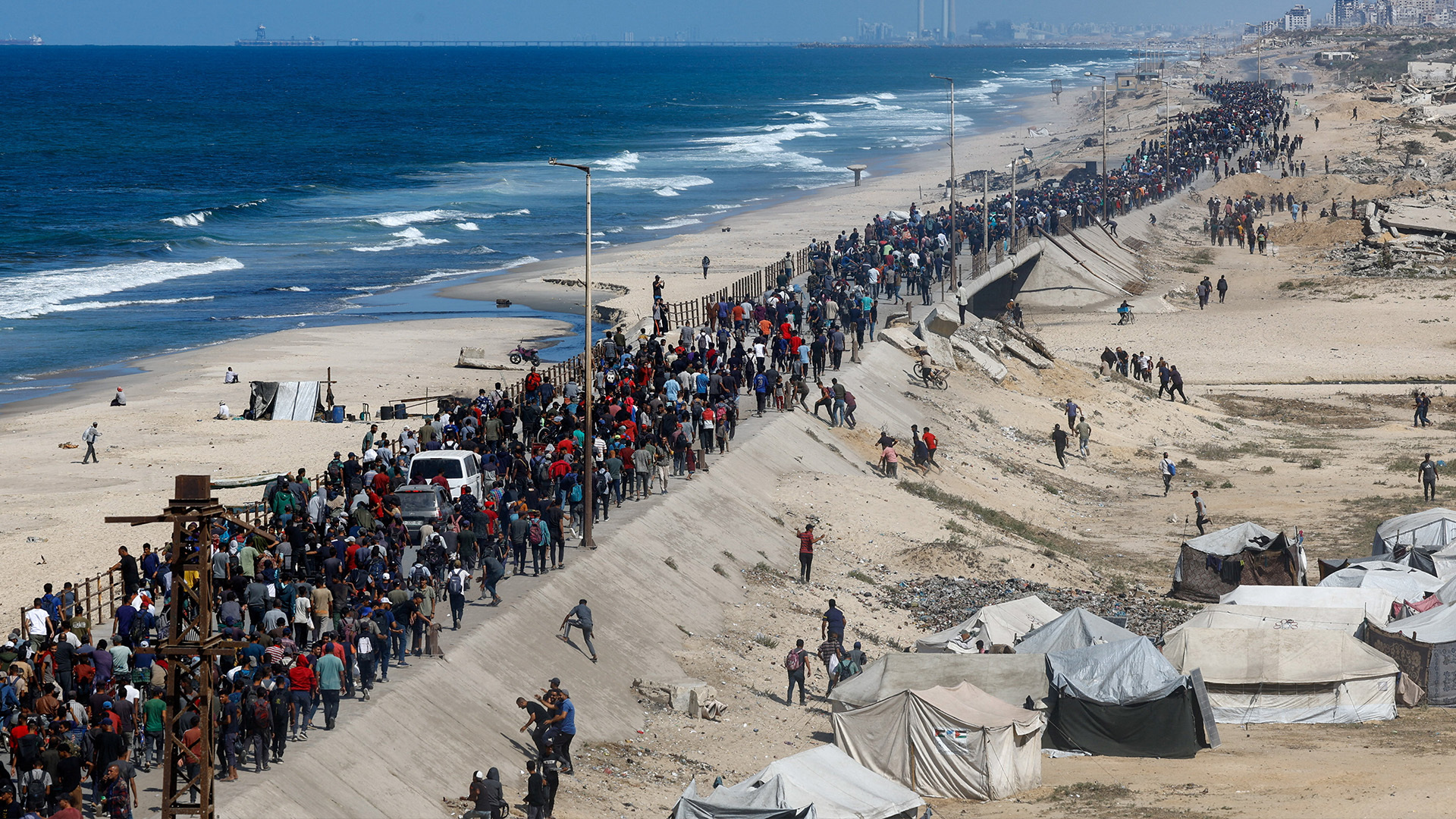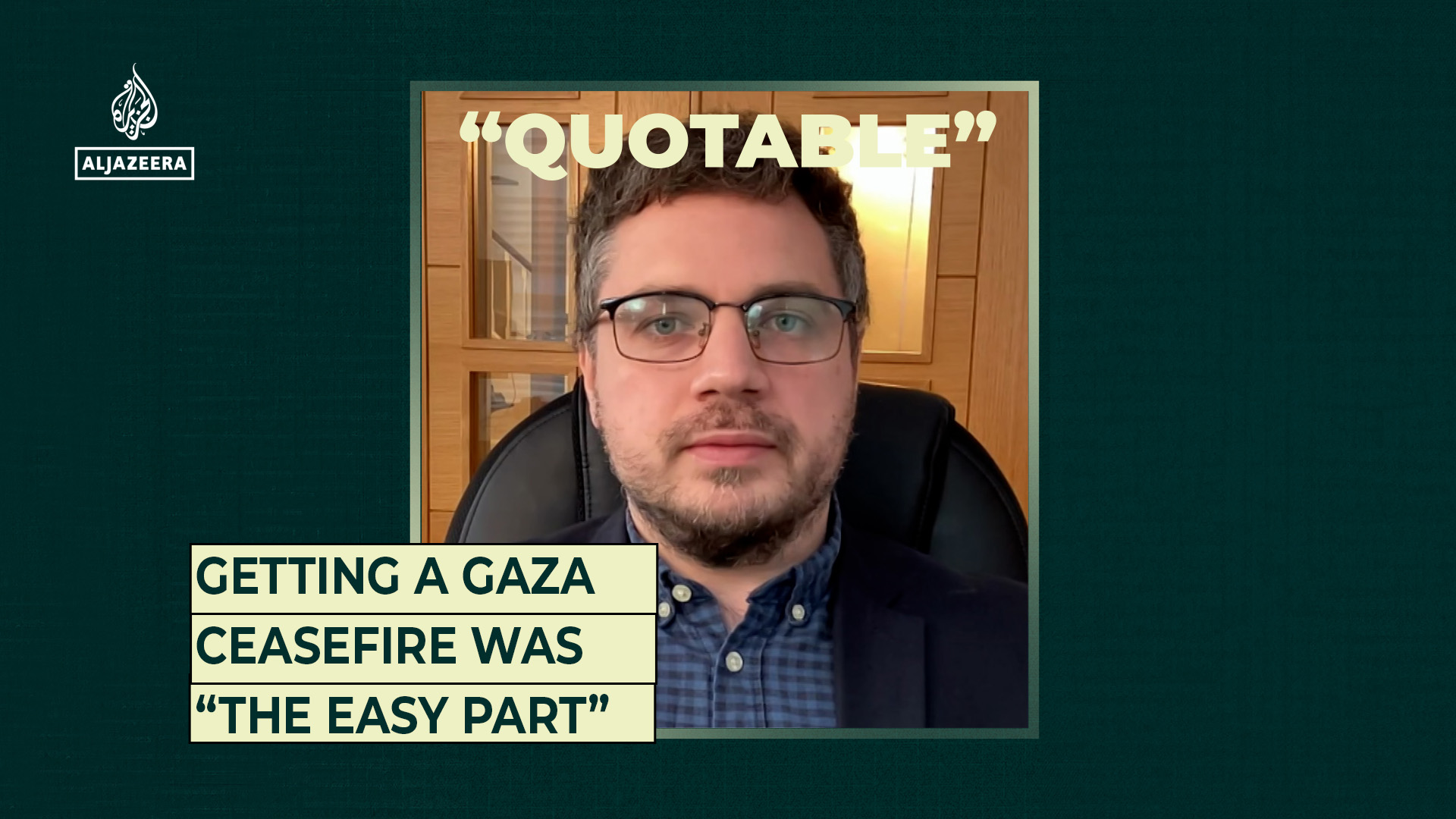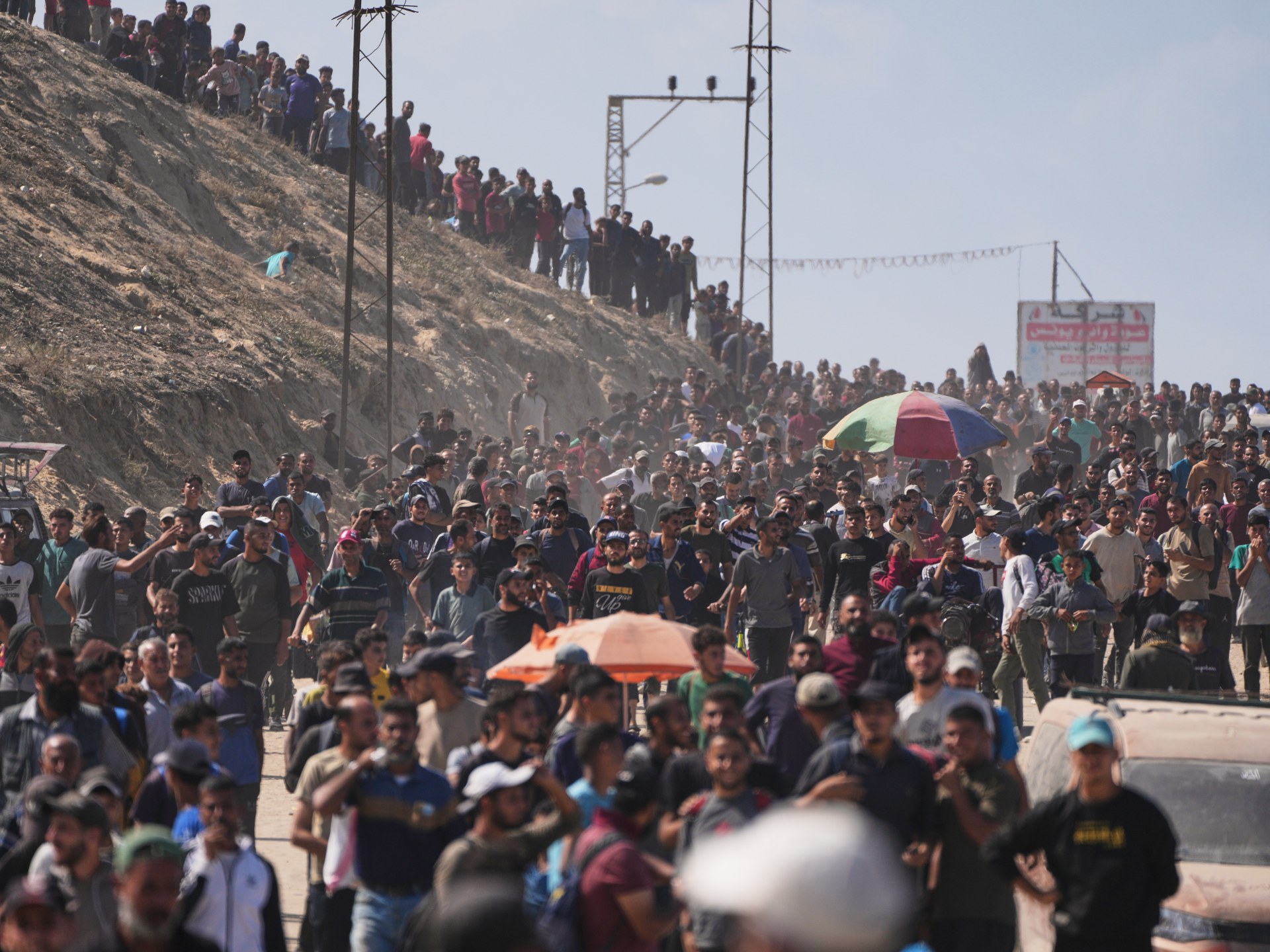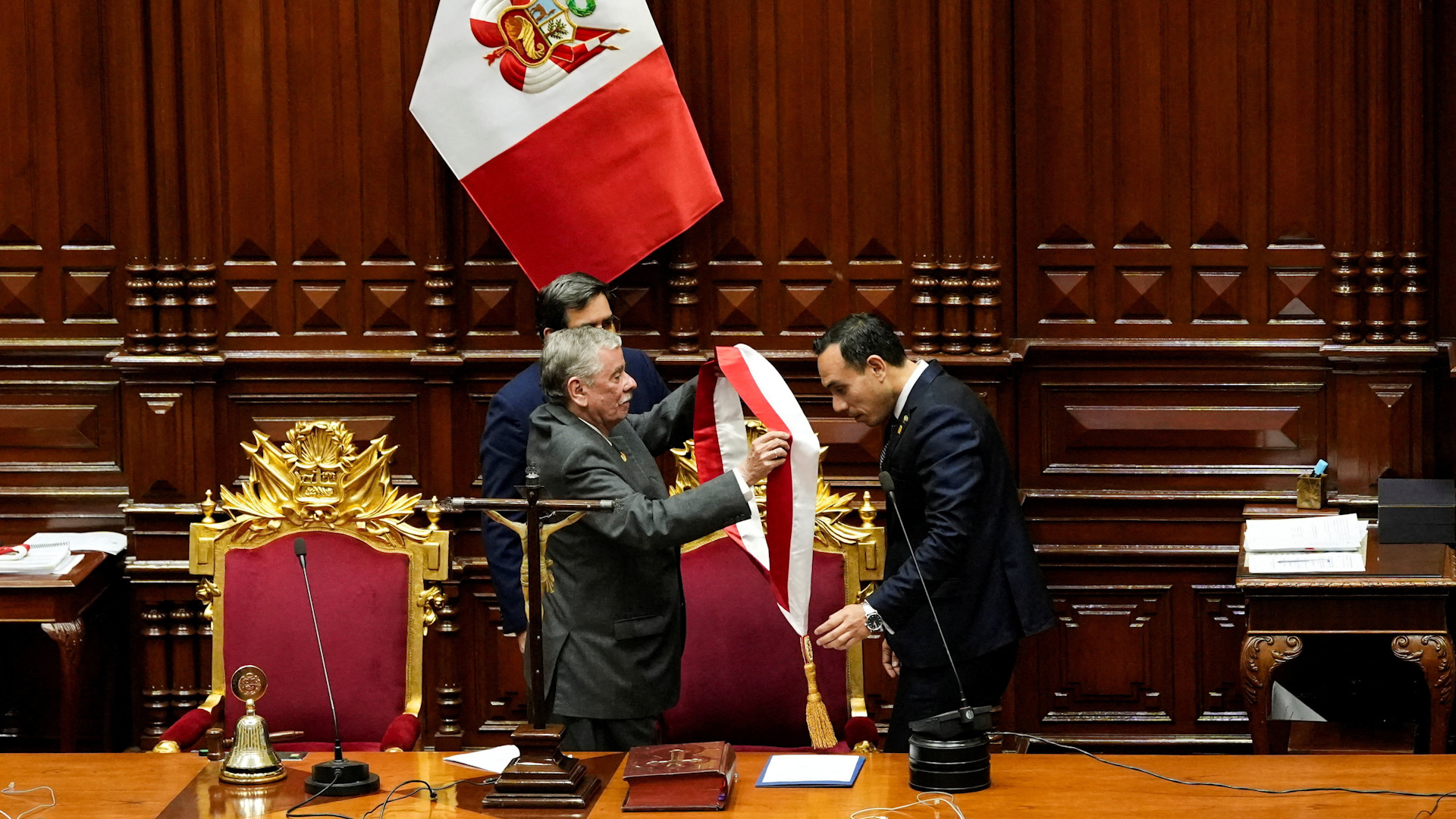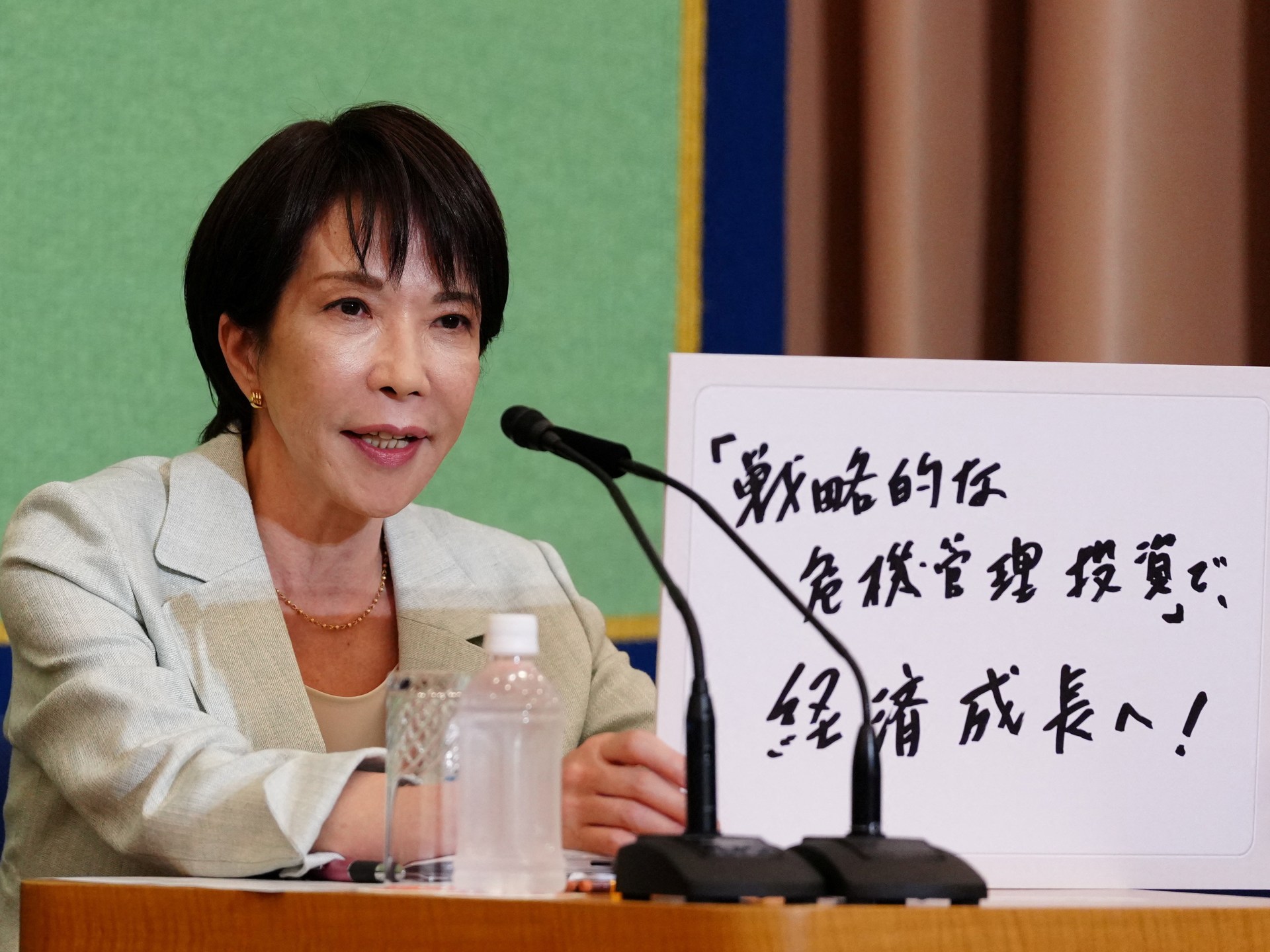Norwegian Football Federation President Lise Klaveness is looking forward to meeting her Israeli counterpart before a World Cup qualifier between the two on Saturday, following the announcement of a ceasefire deal between Israel and Hamas.
The Norwegian FA said in August that it would donate profits from ticket sales from Saturday’s Group I game against Israel to support the work of Doctors Without Borders in Gaza, prompting immediate criticism from the Israelis.
Recommended Stories
list of 4 itemsend of list
“I always meet other football presidents before we play games. I’m very much into dialogue, and the more difficult it gets, the more important is that we meet, even if it’s difficult,” Klaveness said on Friday.
Israel’s FA criticised the ticket money move at the time, saying: “It would be nice if some of the amount were directed to try to find a condemnation by the Norwegian FA of the October 7 massacre that claimed the lives of hundreds of Israeli citizens and children.”
Israel’s government ratified the ceasefire with Hamas in the early hours of Friday morning, clearing the way to suspend hostilities in Gaza within 24 hours and free Israeli captives held there within 72 hours after that.
“We are, of course, extremely happy, on behalf of the involved parties in the whole world, that there is a ceasefire. Football is nothing compared to peace, and now the bombs can stop over Gaza, and that hostages can come home,” Klaveness said.
“That’s very important, and I think it’s very important now that all of us, football leaders and leaders in all big organisations, now give this peace plan energy and momentum. We all know it’s a long way to sustainable peace, but it’s everyone’s responsibility to give it energy and momentum.”
The Norwegian FA has worked closely with police in Oslo on security matters around the game, and Klaveness, a 44-year-old mother of three who played for her country at two Women’s World Cups, said she hoped Israeli fans would feel safe attending.
“They are warmly welcome, and nothing that we say or state should ever be interpreted as directed towards them or that we don’t feel sympathy for what they’ve gone through with this horrific trauma of October 7th 2033,” she said.
“When we say something about condemning the attack on Gaza, it does not mean that we condemn the attack on their people any less.”

